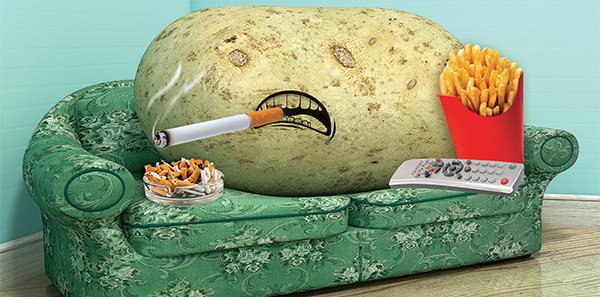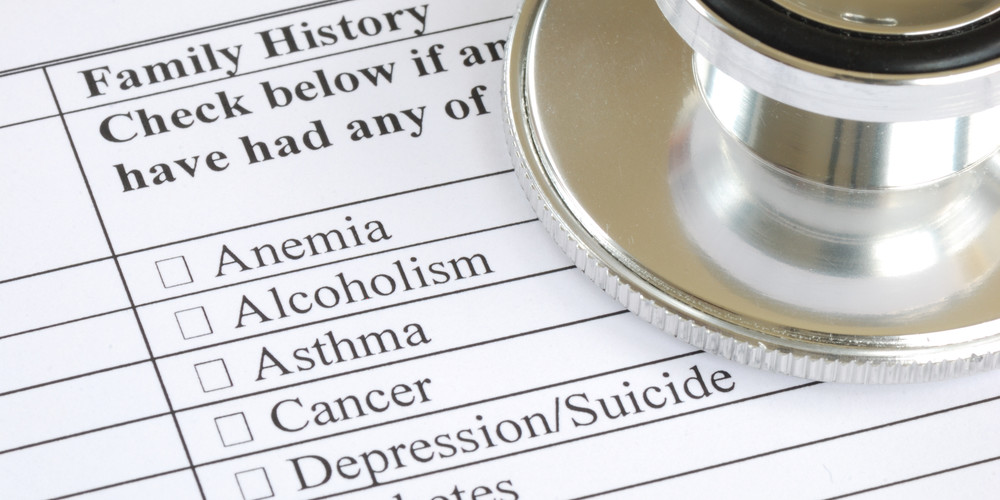7 Tips to help ruin your cardiovascular health
Typically, each February we write tips to help you improve your cardiovascular (CV) fitness so you can stay healthier and live longer. In the past we’ve asked you to know your numbers (blood pressure, blood sugar, cholesterol and BMI/ body mass index); to eat “heart-healthy” foods such as salmon, beans, even tasty chocolate; to get up from the desk and move around during the day, striving for 10,000 steps. But for many these tips still fall on deaf ears.
This year we’re going to try something new and give you our top seven tips to ruin your cardiovascular health.

- Take up smoking, or smoke more. It is the number one cause of preventable death in Europe. Sure, you can reduce your risk of a heart attack or stroke by up to 50% after quitting for just one year, but why? When you toss the smokes, your risk starts decreasing even after a few days of not smoking. Do you want to wait 10 years of living smoke-free just to have the same risks as someone who has never smoked at all? Smoking also increases the stiffness of the blood vessels, making them more likely to rupture. These arterial changes may lead to a heart attack or stroke.
- Move less. The couch or office chair is plenty comfortable, so move from it as infrequently as possible. More than half of the average person’s waking hours are spent sitting: watching television, working at a computer, commuting or doing other physically inactive pursuits. Don’t work to engage muscles to burn oxygen and tap the fuel sources in our bodies, reducing the uptake of glucose and fats, then affecting cholesterol and sugar levels. Sit and remain as inactive as possible to keep harming your cardiovascular health.
- Ignore your growing waistline. If this is really a problem for you, just buy some bigger pants or on
 es with an elastic waist. High blood sugar, increased blood pressure and raised levels of triglycerides go hand and hand with an expanding gut. By taxing your heart with that extra weight you’re giving it a better workout. Who cares if it may be doubling your risk of heart attack?
es with an elastic waist. High blood sugar, increased blood pressure and raised levels of triglycerides go hand and hand with an expanding gut. By taxing your heart with that extra weight you’re giving it a better workout. Who cares if it may be doubling your risk of heart attack? - Stop worrying about high blood pressure. A great way to ruin your heart is by ignoring and not treating your high blood pressure. Like the previous tip, you can make your heart work harder than it should by increasing the pressure that your blood circulates through the vascular system. Allow your blood pressure to get out of control and don’t worry, the stress will kill you.
- Ignore warning signs. This one is so obvious that I almost left it off the list. It’s true that not all CV issues will give you a clear warning sign that you may be in trouble. If you do experience unexpected pain, tightness, pressure in your chest or a shooting pain down you left arm, just ignore it and certainly don’t share this information with your doctor.
The doctor may do something as unconventional as prescribing medicines to help your possible heart condition. - Stop taking your medications. Your cardiologist probably spent close to 10 years of studying the ins and out of the heart and cardiovascular system, but since you’ve seen a few episodes of “Dr. House” you surely have a better idea of what’s good for you. It doesn’t make a bit of difference that you may be heading for a cardiac catastrophe, you’ll be the one making the decisions.
- Ig
 nore your family medical history. If your parent, grandparent and a sibling have cardiovascular disease, or died from a heart attack/stroke, what are the chances it could happen to you? According to the American Heart Association, “having a parent who has had an early heart attack doubles the risk for men having one; in women the risk goes up by about 70%”. Just like Han Solo say to yourself, “Never tell me the odds”. Your doctor also wouldn’t want to know this information.
nore your family medical history. If your parent, grandparent and a sibling have cardiovascular disease, or died from a heart attack/stroke, what are the chances it could happen to you? According to the American Heart Association, “having a parent who has had an early heart attack doubles the risk for men having one; in women the risk goes up by about 70%”. Just like Han Solo say to yourself, “Never tell me the odds”. Your doctor also wouldn’t want to know this information.
Clearly I am having a bit of fun here trying to use some reverse psychology, but honestly people do these things. There are such painfully obvious hints you may be at an elevated risk of cardiovascular disease. Speak honestly and openly with your doctor and yourself. Some simple lifestyle changes could add years or decades to your life. An annual physical or cardiovascular assessment are great ways of starting to discuss with your doctor ways to stop ruining your health.




